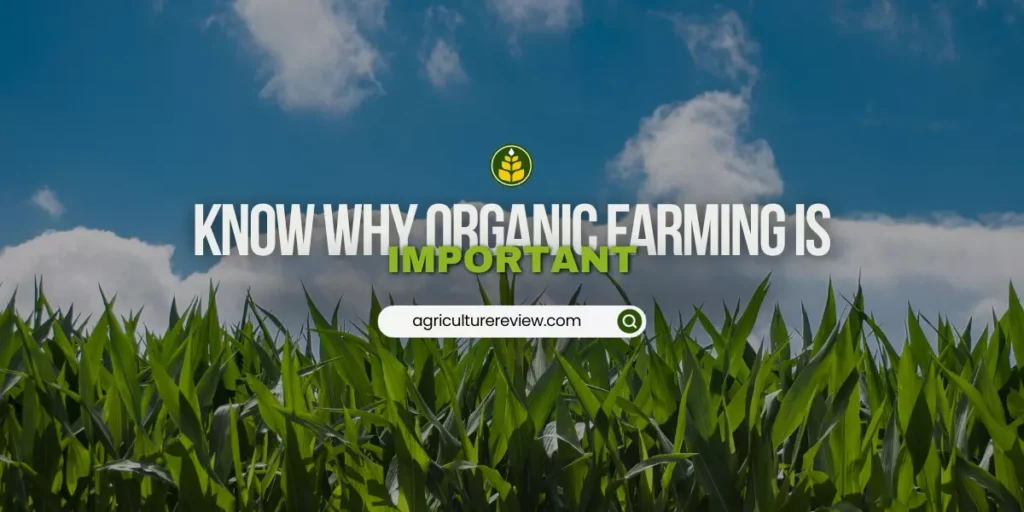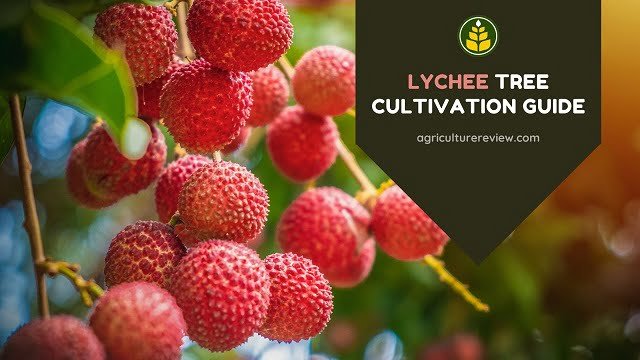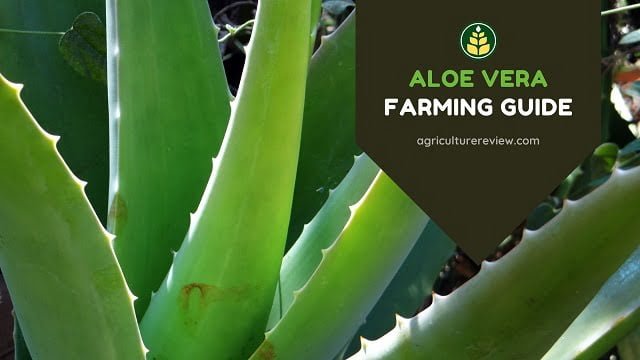Organic farming is the need of the time to conserve natural resources, promote healthy food production and reduce chemical contamination of the soil and water bodies. Due to excessive use of chemical fertilizers and pesticides in agriculture, population of beneficial microbes in the soil starts declining. Moreover, due to nearby water bodies get contaminated with nitrate that is poisonous to humans and other organisms.
Although agro-chemicals are helpful for farmers to increase crop production dramatically, generally due to overdose it does more harm than benefit. Algal bloom (Eutrophication) is a common phenomenon that results from surface runoff of agro-chemicals to nearby water bodies such as lakes, streams, etc. It affects the aquatic ecosystem and increases the Biological Oxygen Demand (BOD) of the water bodies.
According to research by the World Health Organization, Mercury, Lead, Arsenic, Cadmium and Uranium found in chemical fertilizers can be linked to problems in the kidneys, lungs and liver and cancer. The government of India has recently banned chemical pesticides Dicofol, Dinocap, Methomyl and Monocrotophos due to their hazardous effects on human health.
In the United States, when samples were collected from 51 major river basins and aquifer systems by the US Geological Survey, it was found that 97% of the time, pesticides were detected in the collected samples. Moreover, in Japan too, presence of pestcicides were detected in residential region, indicating contribution of pesticides in air pollution.
China is the largest user of chemical fertilizers and pesticides in the world. Around 59 million tonnes of fertilizers and 1.8 million tonnes of pesticides were being used in China. Because of such an excessive use, around 150 million acres of arable land (8.3% of the total arable land in China) have been contaminated.
That’s why to save our environment, health and soil for future generations to reap the harvest and lead a sustainable life, we should start focusing on adopting organic farming methods. Organic farming is the method of cultivating crops by minimizing the use of external inputs such as chemical fertilizers and pesticides and increasing the use of organic manures and bio-pesticides, adopting principles of crop rotation, mixed cropping, companion plantation, mulching, etc. to increase the crop production.

Why is organic farming necessary?
The use of excessive agrochemicals in food production leads to soil and water contamination and increased risk of diseases in humans. Therefore to safeguard our environment, soil and health we need to practice organic farming. Here are the following benefits of practicing organic farming on a large scale.
- It promotes growth of beneficial microbes in the soil.
- Organic farming helps maintain the physical, chemical and biological health of the soil.
- The risk of chemical residues on food and in the environment is reduced due to organic farming.
- Water bodies do not get contaminated, hence chance of eutrophication or algal bloom reduces.
- It promotes biological diversity and encourages a sustainable food system.
- Practicing organic farming helps to improve the soil structure and organic matter.
- The population of beneficial insects such as bees, ladybugs, etc. increases resulting in good pollination and pest control.
- Farmers having livestock on their farm do not have to buy additional inputs, they can use livestock waste to fertilize their field crops, hence cost of production decreases.
- Due to increasing awareness about health, the demand for organic food is increasing day by day. The Indian organic food market has reached US$ 1,582.2 Million by 2023 and it is expected to reach US$ 8,918.5 Million by 2032. Hence, it is a great opportunity for the farmers to grab this market by increasing organic food production.
Moreover, it is not hard to transition from an inorganic to an organic farming system, it needs some courage, research, practice and good marketing strategies to achieve success in organic farming. So what are you waiting for, start growing organic food from today, and let’s make this world a better place to live!
If you have any queries, ideas or suggestions, then please comment below. You can also connect with Agriculture Review on Facebook, Instagram, Koo and WhatsApp Messenger.




